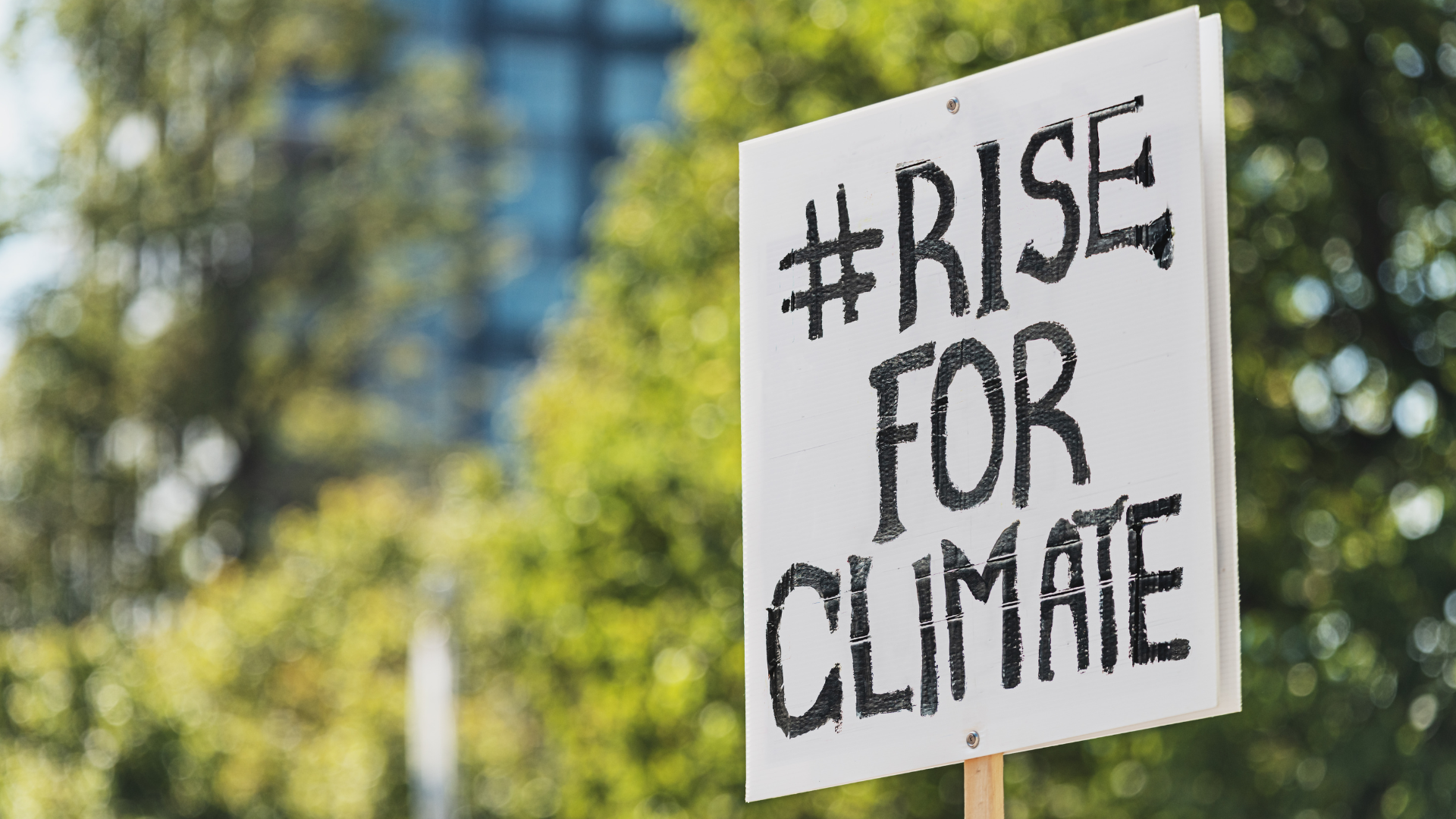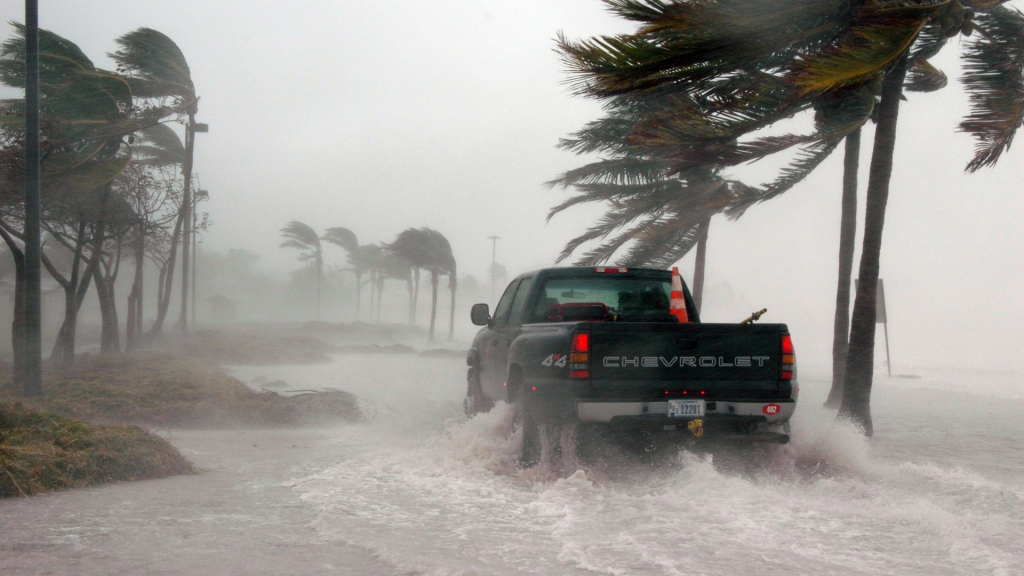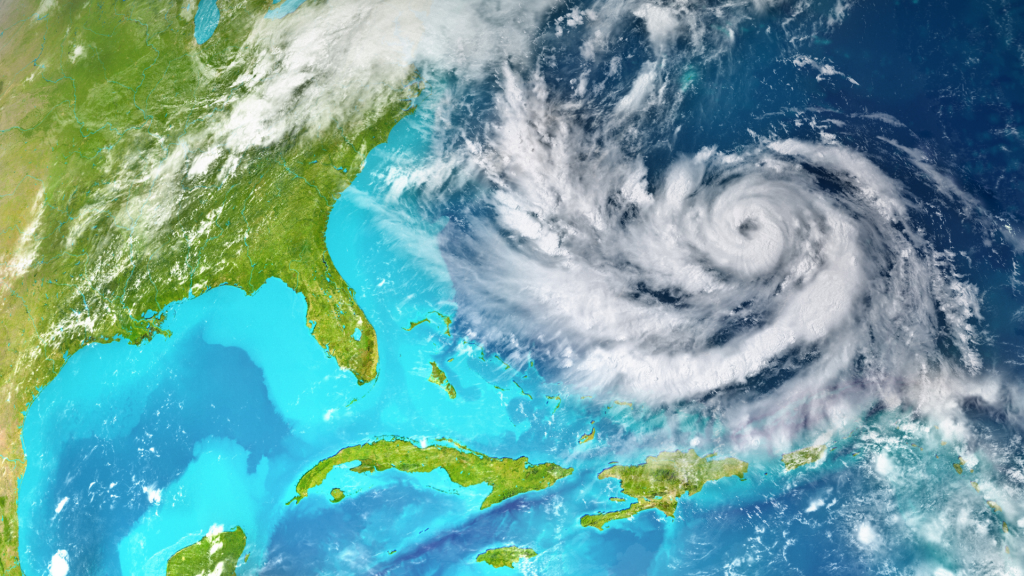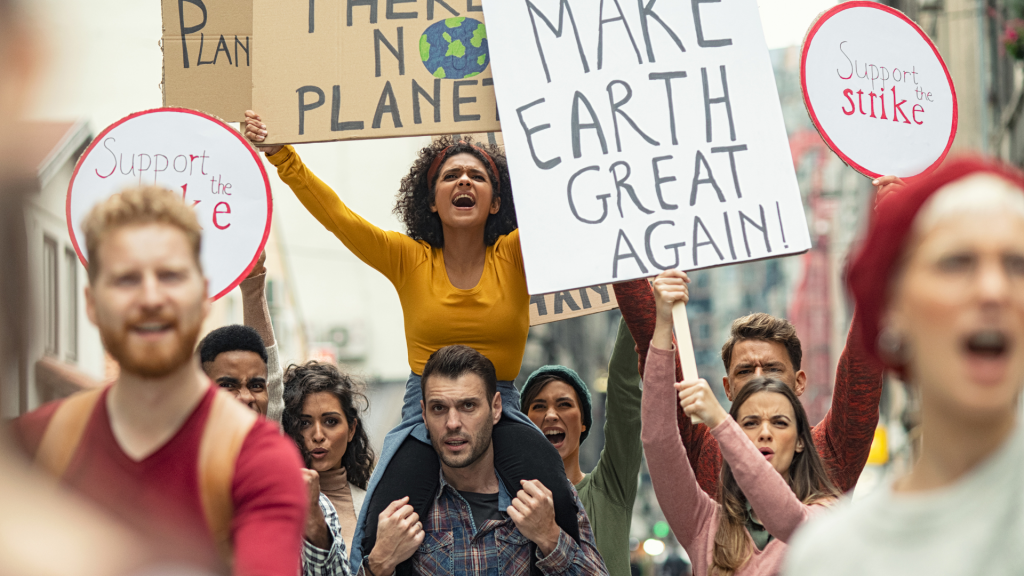What is Climate Change?
Climate change is a long-term shift in the temperature and typical weather conditions of a place, which could be either a specific location or the whole planet. This phenomenon has been associated with devastating weather occurrences such as more powerful hurricanes, floods, extreme precipitation, and winter storms. This is further exacerbated by rising temperatures that are melting polar ice caps thereby raising sea levels and putting coastlines under threat from floods and erosion. Current climate change is largely the result of human activity, such as burning fossil fuels like:- natural gas
- oil
- coal



